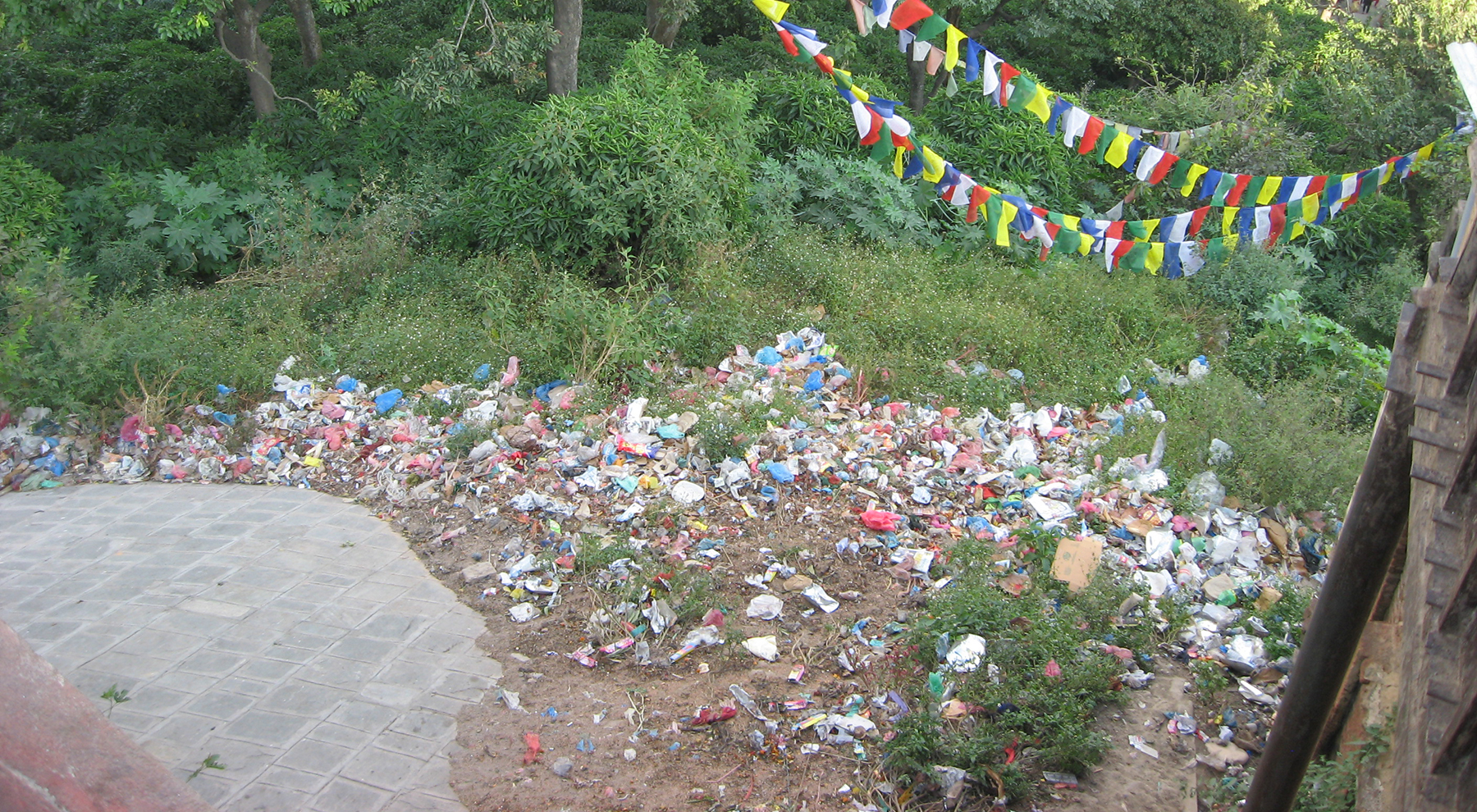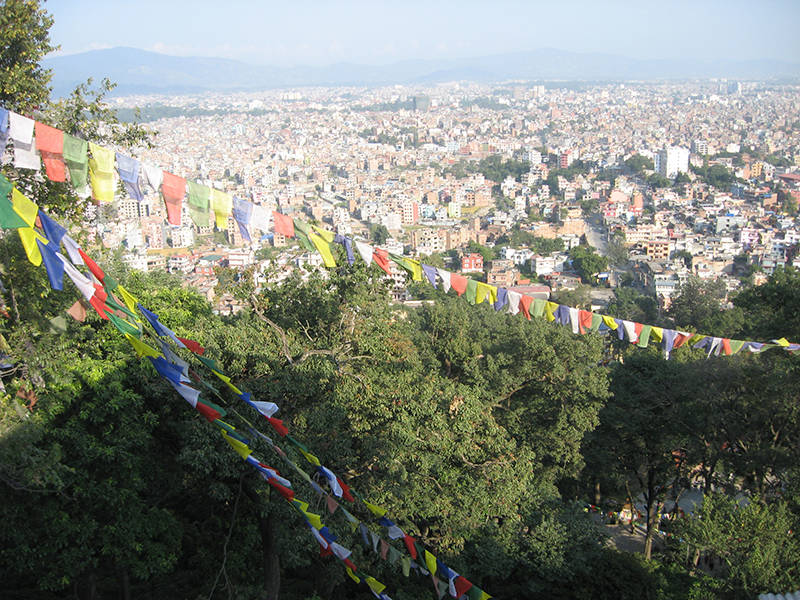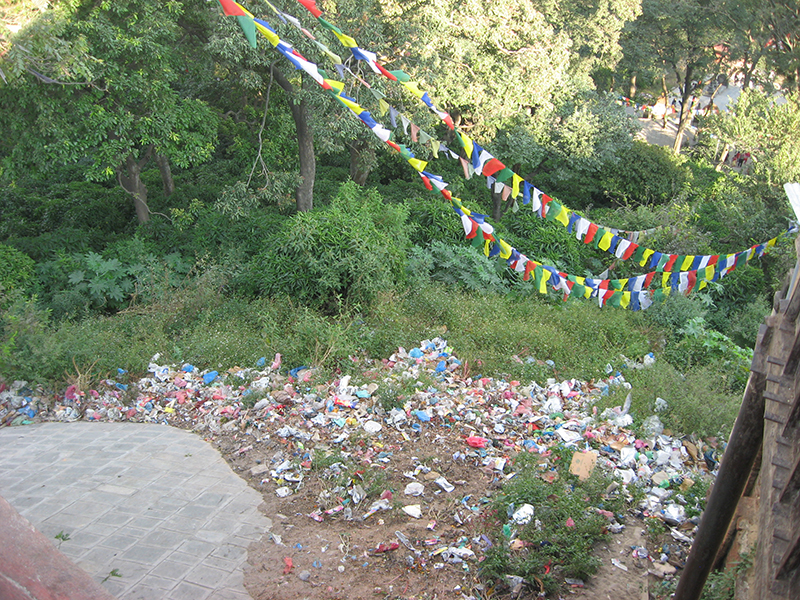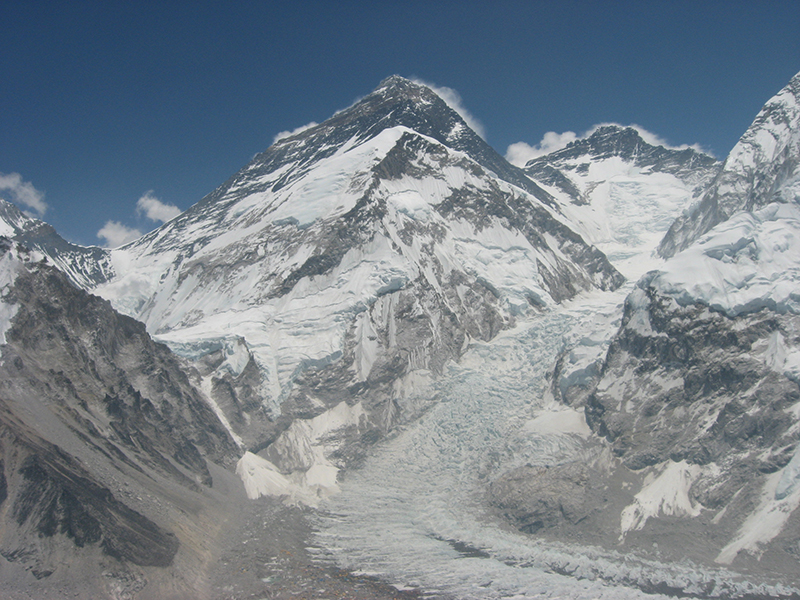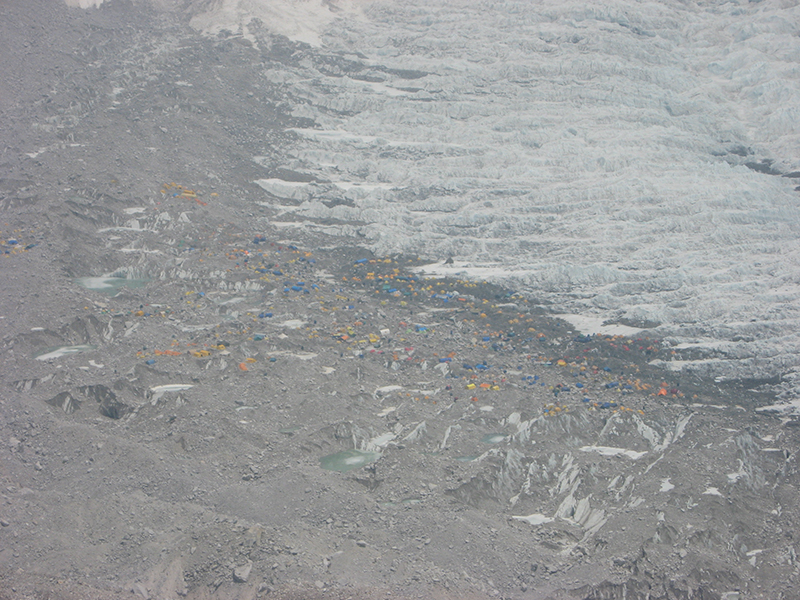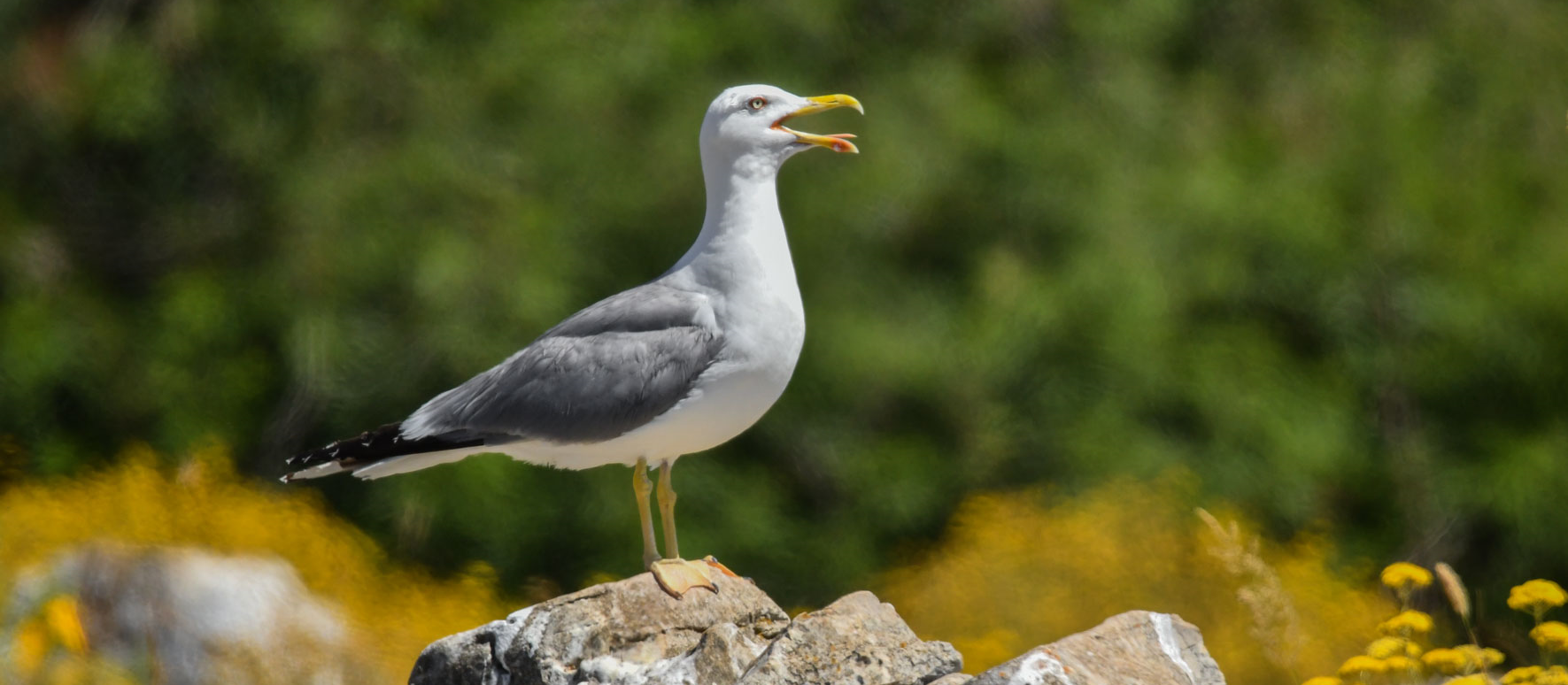
-
Rešitve in storitve
RešitveZanesljiva hramba in varnost podatkov

Diskovni sistemi NetApp, Dell in FujitsuHitra in učinkovita obdelava podatkov
Platforma Splunk EnterpriseInformacijska varnost
Zaščita končnih točk, požarne pregrade, SIEMInfrastruktura v našem oblaku
Najem IT opremeAdministracija in optimizacija sistemov
Upravljanje in vzdrževanje - Podjetje
- Novice
- Kontakt
- Zaposlitev

Diskovni sistemi NetApp, Dell in Fujitsu

Platforma Splunk Enterprise

Zaščita končnih točk, požarne pregrade, SIEM

Najem IT opreme

Upravljanje in vzdrževanje
























